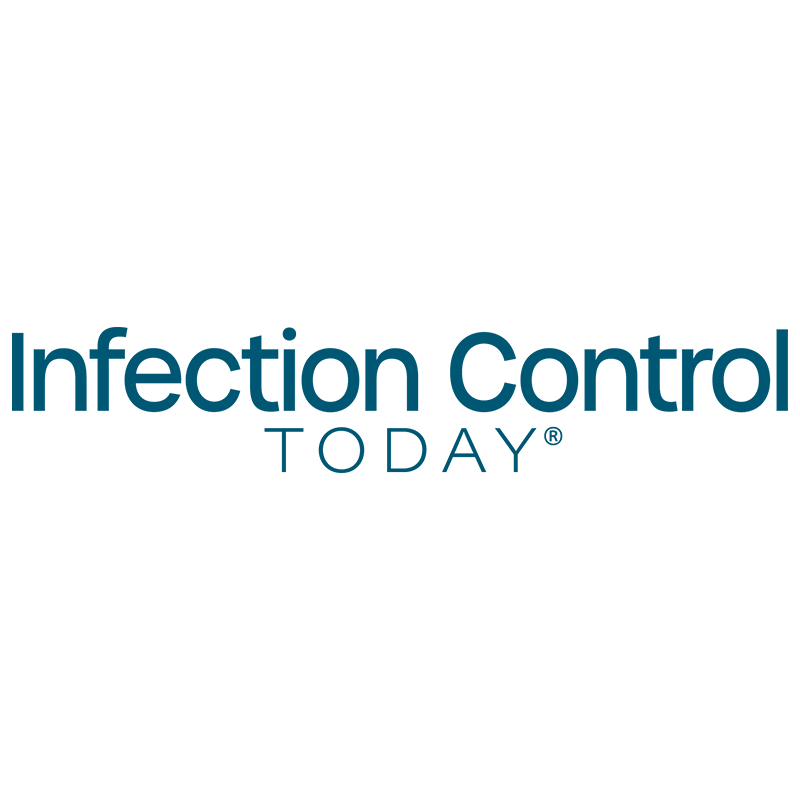
Editor's Note The US Food and Drug Administration (FDA) issued an early alert for Baxter’s Novum IQ Large Volume Pumps (Model 40700BAXUS) due to potential for underinfusion when transitioning from a flow rate to a higher flow rate (eg, rate change or bolus). According to the agency’s July 22…

Editor's Note Serious cybersecurity vulnerabilities remain in healthcare despite significant improvements in recent years, according to a July 16 MedCity News report on recent data from cybersecurity firm Fortified Health Security. Fortified’s research, which reportedly draws on NIST CSF data and first–hand experience from the field, assesses the state of…

How would you describe the ideal OR? Whatever the answer, the chance to reimagine and reshape the perioperative suite can be among the most exciting projects of a perioperative leader’s career. However, OR construction and renovation also can be among the most daunting projects of a perioperative leader’s career. Just…

Editor's Note The Department of Health and Human Services (HHS) has launched a major initiative to reform the US organ transplant system following disturbing findings about organ procurement practices. Fierce Healthcare reported the news July 21. According to the article, the initiative was triggered by a directive from HHS to…

Editor's Note The US Food and Drug Administration (FDA) has deemed Medline’s recent Craniotomy Kit recall, Integra LifeSciences’ MicroMyst Applicator recall, and Maquet Critical Care’s recent ventilator recall as Class I, the most severe category indicating serious risk of injury or death. As detailed in a July 22 FDA announcement,…

Editor's Note Adapting general-purpose humanoid robots already trained on large-scale industrial tasks for use in surgery could provide a solution to burnout, understaffing and other problems. This is the primary takeaway of a July 9 article from UC San Diego detailing the work of robotics expert Michael Yip, who has…

Editor's Note AI-enabled sensors, smart surveillance systems, and predictive analytics are advancing perioperative workflows while helping prevent breaches that can lead to surgical site infections (SSIs). This is the primary takeaway of a July 15 Q&A with Herman DeBoard, PhD, CEO of Huvr Inc., in Infection Control Today. As detailed…

Editor's Note Surgeons at Duke and Vanderbilt universities have devised simpler methods to retrieve donor hearts after circulatory death, according to a July 16 report from the Associated Press (AP). The research, published in the New England Journal of Medicine, details successful heart transplants using organs from donors whose hearts…

Editor's Note The nursing profession has an unprecedented opportunity to redesign systems, influence policy, and elevate care—but only if we can shift from traditional models to a future-focused mindset. That's the message of this exclusive preview of the 2025 OR Manager Conference opening keynote with Dan Weberg, PhD, MHI, RN,…

Editor's Note The US Food and Drug Administration has designated SunMed Holdings, LLC’s recall of the Adult Manual Resuscitator with Medium Adult Mask, Bag Reservoir, Filter, Manometer and 7 ft Oxygen Tubing as Class I, the most severe category indicating serious risk of injury or death. The recall is due…